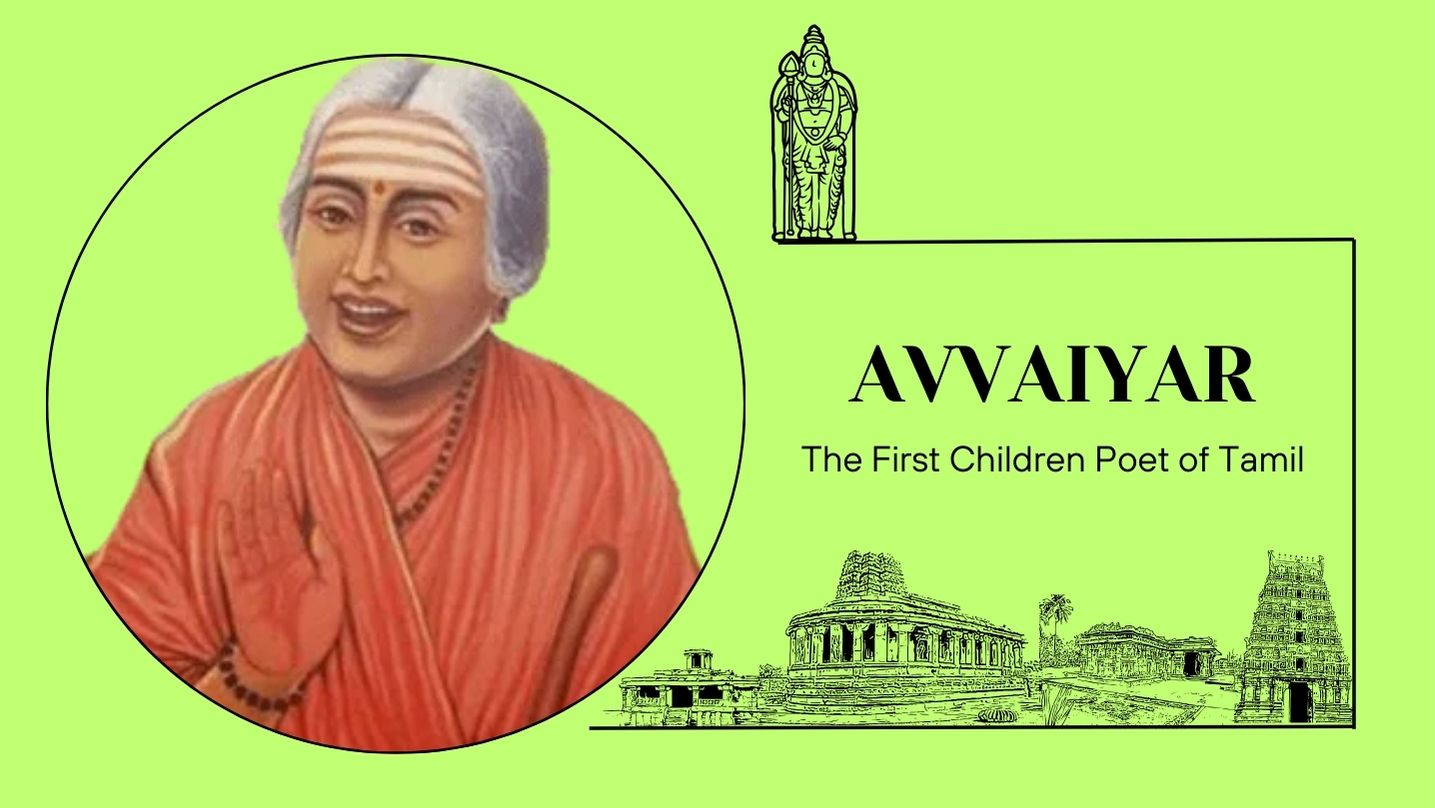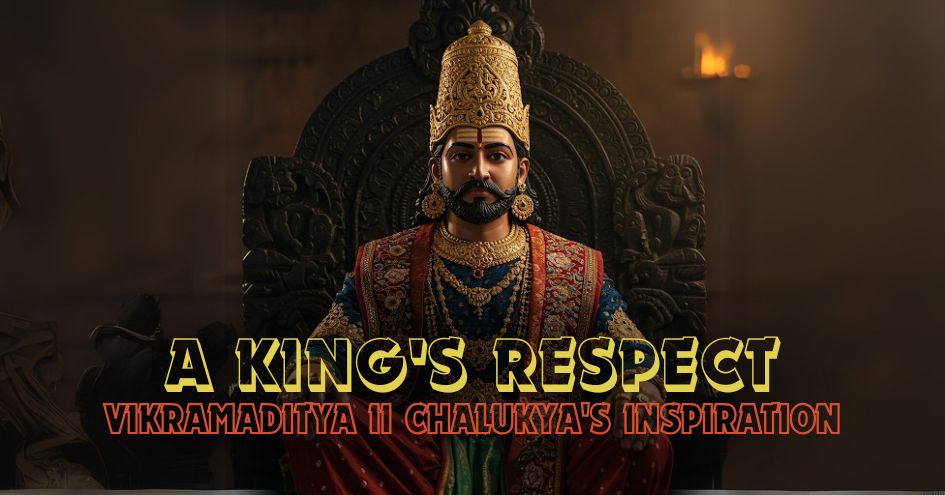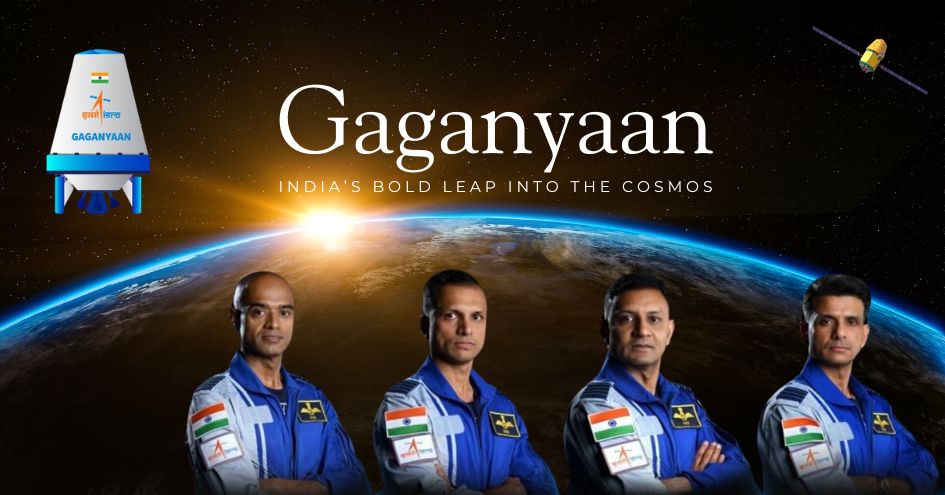
Avvaiyyar, a distinguished female poet from the ninth century, left an indelible mark not only through her extraordinary poetry but also as a revered saint. The name 'Avvaiyyar' itself translates to 'respected old woman' or 'Grandmother.' From her early years, Avvaiyyar displayed a profound interest in poetry, crafting a complex verse at the tender age of four that even seasoned poets could not match.
Devoted to Lord Ganesha since childhood, Avvaiyar consistently sought three gifts from Him – the gifts of poetry, music, and drama. As her talents blossomed, so did the stream of marriage proposals. Frustrated with the constant pressure, Avvaiyyar implored Lord Ganesha to transform her into an old woman, stripping her of beauty. The Lord obliged, and in gratitude, she composed a magnificent poem in His praise, considered equivalent to the Vedas.
A well-known legend associates Avvaiyar with Naaval Pazham (Jambu) in Tamil Nadu. Contemplating retirement under the Naaval Pazham tree, she was playfully confronted by a disguised Lord Muruga (Karthikeya), who revealed that there was much more to achieve. Inspired by this encounter, Avvaiyar embarked on a new literary journey focused on children. Her works, Athisoodi and Konraiventhan, written for primary classes, continue to captivate young minds. The Mootural and Nalvazhi, targeting secondary school children, impart essential life wisdom.
Avvaiyar's influence extended to the royal courts. In the grand Rajasuya Yagam by Chola king Peru Narkilli, she blessed the Chera and Pandya kings, singing of eternal unity. She tactfully advised an inexperienced king against battling his enemy, highlighting the sharp contrast in weapon conditions. Avvaiyar's presence in the court of Neduman Anji, the Adigamaan Chief of Tagadur, further showcased her prowess. Her poems praising Adigaman's generosity in the Purananuru collections remain unparalleled.
Avvaiyar's verses drew inspiration from everyday life, depicting the simple pleasures and daily cares of both palace and country. Her poems in Akananuru, Purananuru, Natrinai, and Kuruntokai mirror contemporary Tamil life with vivid imagery, moral precepts, and a strong advocacy for morality.
Her succinct quotes in Atthisoodi, consisting of 108 sacred lines, surpass even Thiruvalluvar's conciseness. Messages like,
"Desire doing righteous deeds,"
"Help others in whatever ways you can," and
"Never proclaim/boast about what you have"
exemplify her profound simplicity. One of her quotes,
"What you have learned is a mere handful; What you haven't learned is the size of the world,"
finds a place at NASA.
Avvaiyyar's departure from earthly life is believed to be extraordinary. It is said that she was bodily transported to Kailasha, the abode of Lord Shiva, by Lord Ganesha.
The portrayal of Avvaiyar's life on stage became a sought-after topic, with the first successful adaptation by the TKS Brothers. Shanmugam's cross-gender performance as Avvaiyar, marked by a dedicated portrayal of an old woman, earned him the nickname Avvai Shanmugam. Later, a box-office hit film featuring K.B. Sundarambal as Avvaiyar solidified her as the incarnation of this legendary figure in the hearts of Tamils.
 Dakshinamurthy is a scholar and researcher of Indic themes and a contributing writer of The Verandah Club
Dakshinamurthy is a scholar and researcher of Indic themes and a contributing writer of The Verandah Club
NEXT ARTICLE

Indian History is rife with conflict between kings for power, territory and regional supremacy. We have seen instances where kings have made it a poin...

"Saare Jahaan Se Accha, Hindustan Hamara!"These immortal words, spoken by Squadron Leader Rakesh Sharma from the vast expanse of space in 1984, When t...

High in the rugged, unforgiving terrain of Jammu and Kashmir’s Reasi district, where the Chenab River slices through deep gorges and the Himalayas loo...